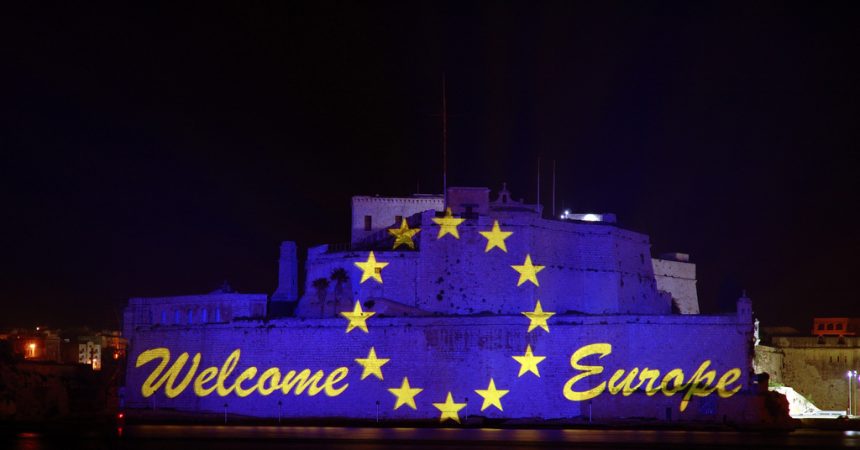Some 16 years ago I was invited to participate in a televised debate on the pending EU accession referendum. The country was split and passions were running high. Most of the debate centred around the economic benefits or disadvantages of joining the EU.
The pre-dominantly Nationalist ‘Yes’ camp argued that EU membership would bring in 100 million Maltese Lira to the country’s coffers. Alfred Sant’s Labour (including the then young Joseph Muscat) ridiculed this and warned that joining the EU would translate into social and economic apocalypse.
My former colleagues at The Green Party were for EU membership but for other, more tangible reasons. Despite its imperfections the EU would improve our quality of life, including better environmental management and labour standards, more consumer protection and an added safeguard against the country falling back to the dark years of violence and corruption which scarred us all in the 80s.
Among the guests at the Broadcasting Authority’s TV debate was former Labour Party leader and Prime Minister Karmenu Mifsud Bonnici who had the misfortune of being chosen to lead the country in its darkest days.
I pointed out that joining the EU would give the country an added level of scrutiny and protection against corruption and violence. The EU would provide a new avenue to seek justice and good governance.
Had Malta been a member of the EU when Mifsud Bonnici was Prime Minister, the systematic corruption and the political violence would have never happened, I argued. And if it did happen and the Maltese authorities failed to protect us and guarantee the rule of law, as EU citizens we would be able to seek remedies at a European level.
Mifsud Bonnici was less than impressed. He abruptly stood up and walked out of the studio during the recording of the programme.
Fast forward to 2018 and Malta is now a better place. EU membership raised the bar for our representatives and in spite of the deep-rooted political divide, all parties today are declaredly ‘Europeanists’.
But very little has changed in our attitude. Labour’s accusations against Nationalist MEPs of damaging the country’s reputation and of being “traitors” has echoes of the infamous Foreign Interference Act hatched by the Mintoff government after the 1981 election which saw Labour elected to government despite winning less votes than the PN.
According to Labour’s myth, the PN had obtained a majority of votes ‘illicitly’ because of the massive influence foreign politicians had on the Maltese electorate when they criticised the sorry state of affairs in Malta back then.
The Labour government reasoned that once ‘the foreigner’ was not allowed to meddle in our internal affairs, Maltese voters would once again trust it and return it to power once again.
When in 2013 then EU Home Affairs Commissioner Cecilia Malmström urged the Maltese government to take in asylum seekers stranded at sea all hell broke loose, with hundreds of people insulting her and telling her to keep her nose out of our business.
When PN MEPs pushed for European Parliament debates and scrutiny on the sale of Maltese passports to the global elite, the rule of law and the brutal assassination of journalist Daphne Caruana Galizia they were branded traitors and saboteurs who were putting their partisan interests ahead of the national interest.
Journalists, analysts, members of civil society and anyone who was critical of the Labour government were also on the receiving end of nasty insults and accused of betraying the country.
But the European Parliament and the Commission were brought into the fold because the Maltese institutions, from Parliament to the Police, failed to deliver.
There was no other avenue left. If government refuses to introduce laws which protect Maltese journalists from crippling lawsuits in foreign jurisdictions MEPs cannot be blamed for trying to do what government refuses to do.
Unlike 1981, such criticism from foreign institutions and politicians cannot be blamed for harming Labour’s electoral fortunes. If anything it might have worked in its favour.
But this should not stop politicians and civil society from seeking refuge abroad if good governance and the rule of law in Malta are nosediving faster than Wall Street in 1929.
The new PN leadership is inevitably tempted to change tack and divest itself of the ‘negative’ tag. Refraining from seeking justice and remedies for the deteriorating standards of governance abroad is not positive at all. The last thing Malta needs is a carbon copy of Joseph Muscat and Keith Schembri’s government in opposition.












